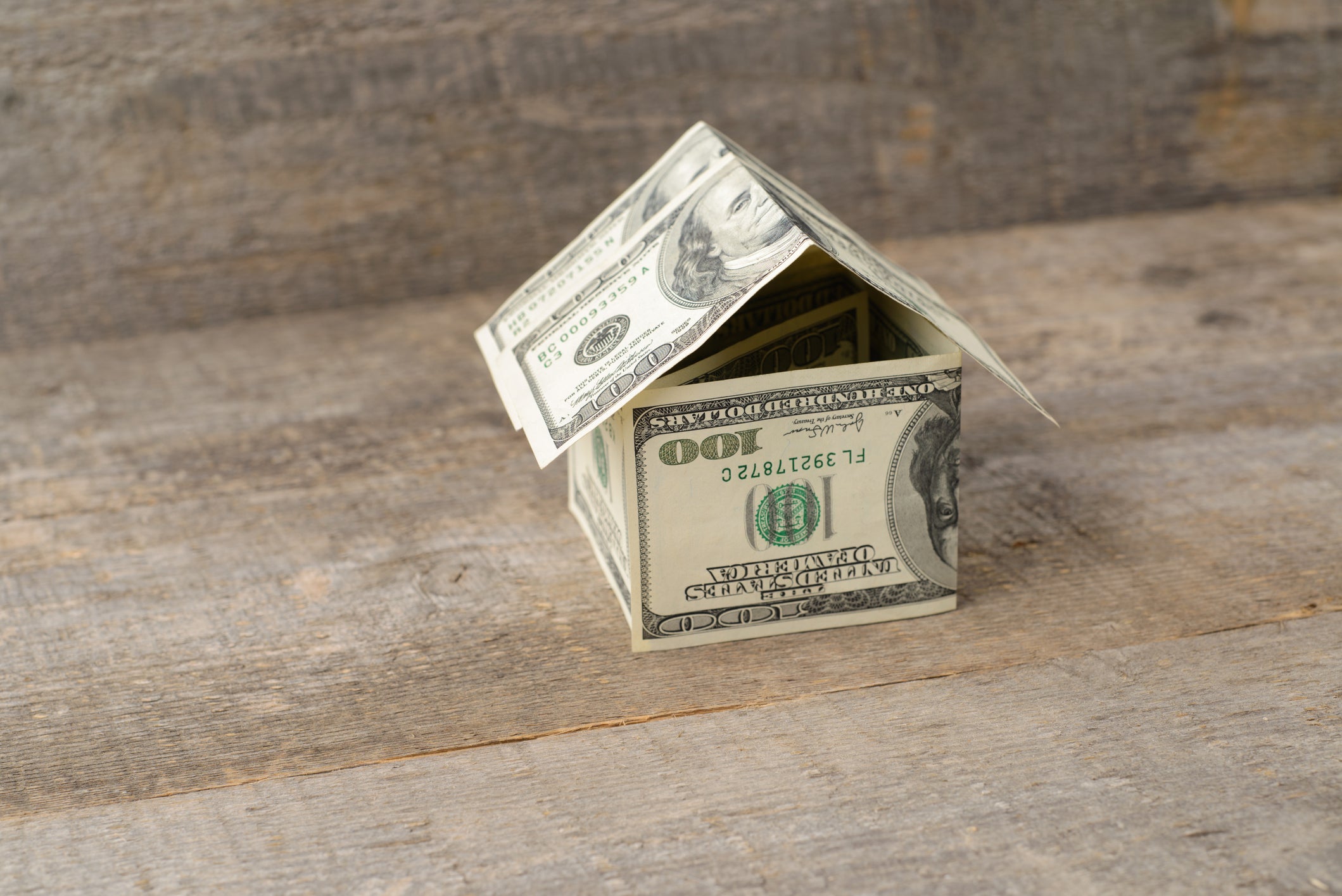Augusta property owners already will see higher garbage fees, streetlight fees and school taxes on upcoming 2025 tax bills. Tuesday, the Augusta Commission will decide whether to add a city tax increase.
Two weeks ago the commission’s options included increasing the millage rate, increasing employee insurance contributions or raiding the city’s reserves to cover what Interim Finance Director Tim Schroer said will be a $10.9 million shortfall.
A one-mill tax hike would generate $8 million countywide, while city employees currently contribute only about 22% for insurance, he said. Augusta has about $43 million in reserves, but policy is to keep unassigned reserve funds at $80 million and a dip threatens its credit rating, Schroer said.
A mill is equal to $1 of tax per $1,000 of a property’s assessed value. Only 40% of a home’s value is taxed. For example, a five-mill city levy on a $200,000 house would be $400.
Exemptions such as the homestead can reduce that tax bill, while the fees and other assessments – such as the urban services millage and the school district’s proposed 18.74 mills – will raise it for many.
Rollback, flat or increase?
Schroer prepared a few scenarios ahead of the Tuesday commission meeting, including Augusta adopting the so-called “rollback” rate. That’s the countywide tax rate that will bring in the same amount of taxes as last year’s rate.
Adopting the rollback rate, 6.277 mills, would generate virtually the same amount of revenue countywide – about $52.8 million – but it will wind up being over $1 million less, Schroer has said, due to early payment discounts and missed collections.
The commission could also keep the tax rate “flat,” as in keeping the millage the same as last year. Taxpayers’ bills will look the same unless their homes have changed in value, as many have.
Because this rate generates more revenue – estimated at $547,000 more – the city also has to advertise it as a tax increase.
A third scenario in Schroer’s presentation is a half-mill increase. This would raise in excess of $5 million, which would cover nearly half the projected shortfall.
Multiple millage layers also in place
The countywide millage – so called because it’s paid by all – is not the only rate the commission can adjust, with varying effects.
Currently residents within the former Augusta city limits – the “urban services district” – pay an additional assessment that last year was 3.535 mills.
In addition, all property owners pay a half-mill or so for capital outlay. Residents living outside the old city limits pay an additional amount for fire protection that last year was 1.397 mills.
Then last week, the commission approved increasing fees for garbage and streetlights to raise more revenue for garbage and streetlights. The fees appear as separate line items on tax bills and can’t be spent on other things.
Streetlight, garbage fees going up
The new $45 streetlight fee applies to thousands not previously paying. Existing payers will see a $10 bump to $95. The commercial rate rises to $295 annually, while urban services customers will pay a $10 fee plus an $85 millage portion. The increase is expected to create a $700,000 surplus to eliminate a yearly operating deficit, Schroer said.
The commission also raised garbage collection fees last week for the second time in 12 years, from $320.50 to $374.50. The fee no longer covers recycling pickup, which Augusta’s haulers quit providing without the city notifying customers.
Those wanting recycling must now purchase the service separately from Coastal Waste and Recycling at $38.07 quarterly.
Setting the tentative millage is on the agenda for Tuesday’s regular commission meeting. The commission meets at 2 p.m. in the Lee Beard Commission Chamber at Augusta Municipal Building, 535 Telfair St.










